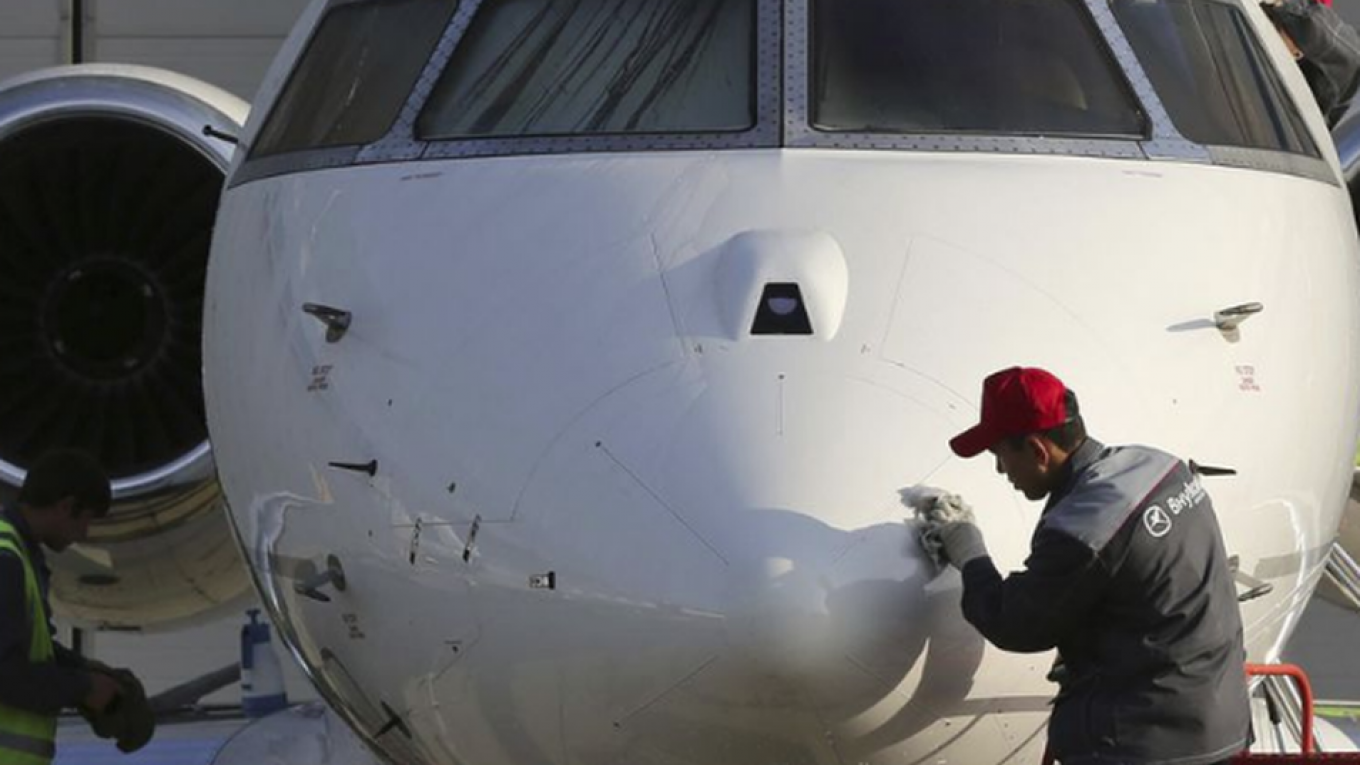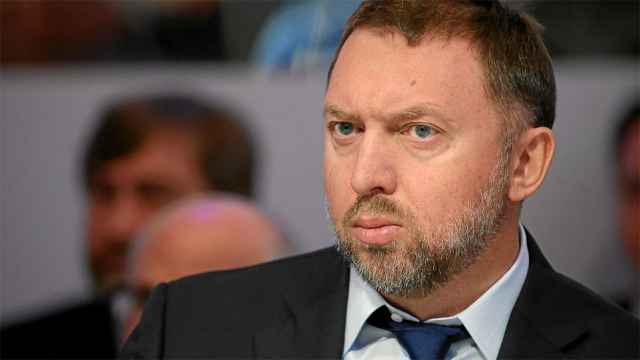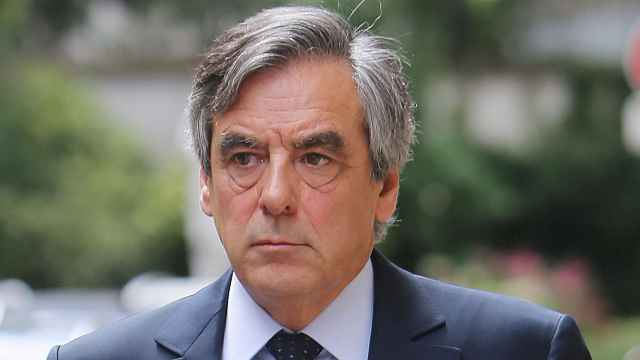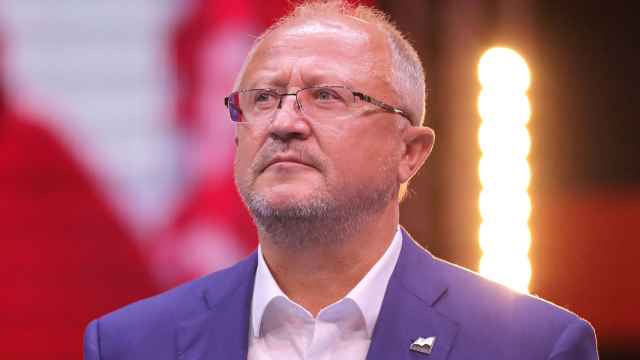Russia’s wealthiest have held an iron grip on their assets since the Soviet Union’s collapse, defending their fortunes from rivals or bureaucrats.
Now they face pressure to cede some control as they prepare for a transfer to the next generation and executives running their businesses push them to professionalize the management of their wealth.
“Even five to seven years ago, the main task was to protect assets rather than effectively manage them,” said Confideri co-founder Marat Savelov, who’s based in Singapore and works with families from Russia.
Today, there are about 100 single family offices in Russia and as many as 20 multi-family offices, according to data compiled by Bloomberg. Such firms typically tend to investments, taxes, estate planning and even personal needs such as travel and education. Dozens of new ones will be created in the next five years, said Andrey Narutskiy, managing director of Cyprus-based Leon Family Office, which was set up in 2013 and caters to ultra-high net worth clans.
‘A Mess’
Some of the wealthiest Russians have already created the institutions. Ruben Vardanyan, chairman of the expert council of Skolkovo Wealth Transformation Center, was a trailblazer with Quinta Capital Partners in 2002.
Russian tycoons — almost all of them men — have focused on accumulating assets and often don’t separate personal property from their core business in terms of management or corporate structure.
“Very often there is a mess,” said Confideri co-founder Olga Raykes.
Little thought has been given to transferring wealth to the next generation, which isn’t surprising given that these fortunes have only been created since the collapse of the Soviet Union. In Western Europe and the U.S., some families have been managing their wealth through family offices for multiple generations. The Rockefeller family set up one of the earliest version in the 1800s.
Russia has enjoyed it’s own version of the gilded age in the past two decades.
The 23 Russians on the Bloomberg Billionaires Index, a ranking of the world’s 500 wealthiest people, are worth a combined $253 billion. At least 189,500 ultra-high net worth individuals live in the country and control about $1.1 trillion, according to Capgemini estimates.
About 60,000 business owners will grapple with how to transfer assets in coming years. That should boost demand for services to smooth the transition, according to Narutskiy.
“When he turns 50, he suddenly understands that he has a portfolio of complex assets, and it’s completely unclear how to pass their ownership and management to the next generation,” said Roman Reshetyuk, Narutskiy’s partner at Leon. Clients are also interested in allocating more funds to charity and involving their children in philanthropic projects.
The head of a family office is usually someone who the main beneficiary "trusts boundlessly", according to Dmitry Klenov, partner at UFG Wealth Management.
"We have seen a lot of examples when a CFO, chief accountant or corporate lawyer sits on two chairs dealing with both corporate and personal affairs," said Narutskiy. "Some new clients come to us through them because they want to divest from responsibility to manage personal assets which require a different approach and skill set".
Once they do set up family offices, Russia’s wealthiest are mostly a conservative group.
“Ninety percent of our clients want to have the most liquid portfolio,” rather than investments that are locked up for 5 to 7 years, said Confideri co-founder Marat Savelov.
‘Huge Pressure’
Compliance is also a concern, especially as Russia faces sanctions over its annexation of Crimea. Tighter regulations have pushed banks to scrutinize their client bases and even shift to higher-value customers.
“Russian high-net-worth individuals experience huge pressure due to the sanctions,” Savelov said. “Russia equals toxicity now.”
Vladimir Putin’s government is pushing wealthy citizens to bring assets back home. Last year, Russia joined the Organization for Economic Co-operation & Development convention on counteracting tax evasion. And next month, the nation will receive unprecedented levels of financial data on its overseas residents for the first time through an OECD-led initiative to target individuals evading taxes.
Under the Common Reporting Standard, banks and other financial institutions disclose data on foreign account holders to their local tax authority. Once a year, the authority will then automatically exchange relevant information with their counterparts overseas, allowing governments to zero in on overseas tax evaders.
In total, Russia will receive financial data from 82 jurisdictions when the CRS takes full effect worldwide next month. In return, the country will send data on foreign account-holders in Russia to 59 jurisdictions, according to the OECD’s database of CRS exchange agreements.
“The days of aggressive tax optimization are gone,” said Andrey Pozhitkov, director in UFG Wealth Management.
A Message from The Moscow Times:
Dear readers,
We are facing unprecedented challenges. Russia's Prosecutor General's Office has designated The Moscow Times as an "undesirable" organization, criminalizing our work and putting our staff at risk of prosecution. This follows our earlier unjust labeling as a "foreign agent."
These actions are direct attempts to silence independent journalism in Russia. The authorities claim our work "discredits the decisions of the Russian leadership." We see things differently: we strive to provide accurate, unbiased reporting on Russia.
We, the journalists of The Moscow Times, refuse to be silenced. But to continue our work, we need your help.
Your support, no matter how small, makes a world of difference. If you can, please support us monthly starting from just $2. It's quick to set up, and every contribution makes a significant impact.
By supporting The Moscow Times, you're defending open, independent journalism in the face of repression. Thank you for standing with us.
Remind me later.






